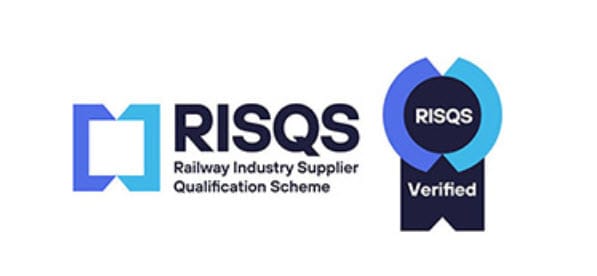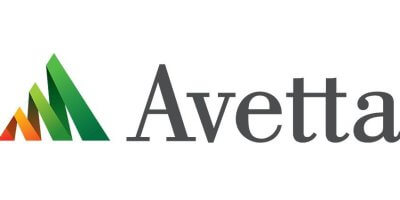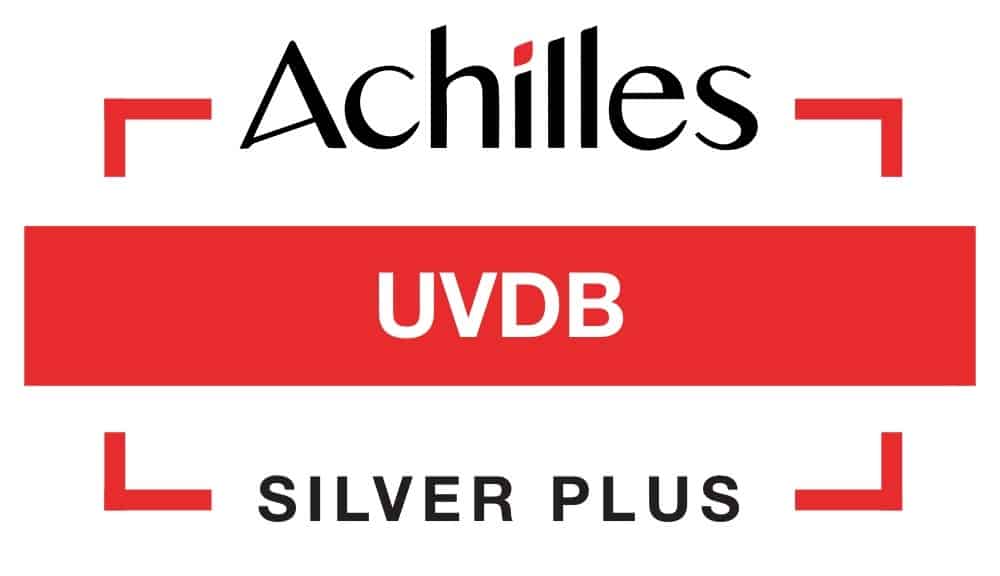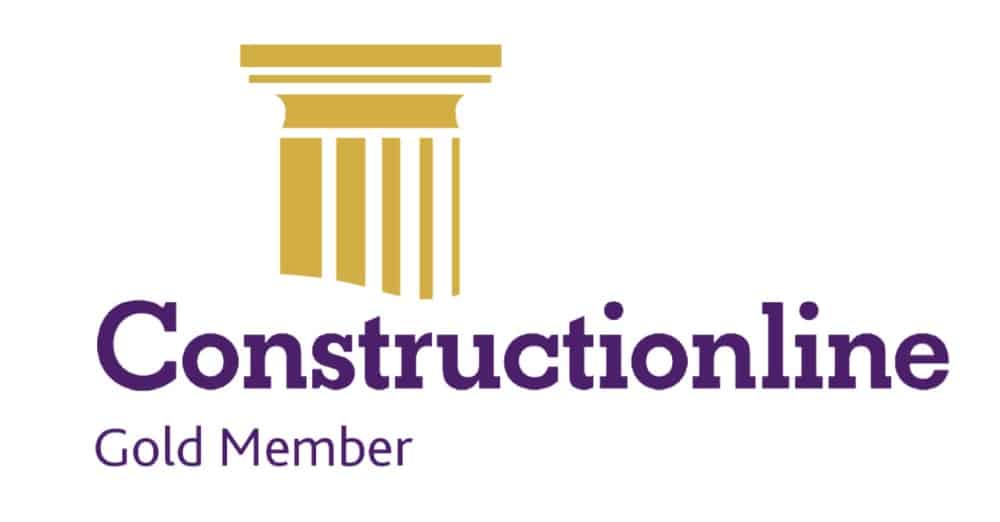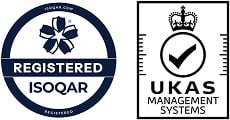Membership No. 163037
Services Across
London, Kent & the
South East of England
- Liquid waste disposal
- High pressure water jetting
- ISO9001, 14001, and 18001 certified
- 35 years of experience
- Professional and updated fleet
- Sewage pumping
- Proper removal and disposal
Industrial effluent treatment for commercial and industrial waste
Industrial effluent refers to any liquid waste produced by industrial or commercial activities, excluding domestic sewage or surface water. This wastewater is typically discharged from facilities such as food processing factories, manufacturing plants, and chemical production units.
Common pollutants found in industrial effluent include:
- Fats, oils, and greases (FOGs)
- Chemicals
- Detergents
- Heavy metal rinses
- Suspended solids
- Food waste
Due to increasingly strict UK legislation, businesses must ensure that any effluent produced during their operations is thoroughly treated before entering the natural environment. Failing to do so can lead to costly penalties, environmental damage, and reputational risk.
At Elliott Environmental Drainage Ltd, we bring over 50 years of experience in liquid waste removal, industrial drainage systems, and wastewater treatment. We also provide supporting services such as culvert cleaning to keep your drainage infrastructure operating effectively. Operating 24/7 across London and Kent, our experienced specialists are always on hand to offer tailored support, answer your questions, and deliver professional industrial effluent treatment solutions. Contact us today for trusted advice and round-the-clock assistance with your industrial wastewater management.
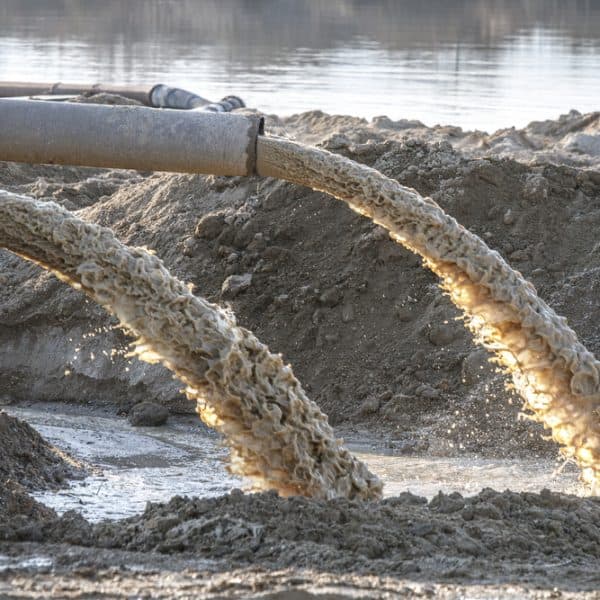
SPEAK DIRECTLY TO AN
EXPERIENCED PROFESSIONAL.

Why Is It Important to Ensure the Proper Handling of Industrial Effluent?
Ensuring the proper handling of industrial effluent is crucial due to the significant harm it can cause to the environment, wildlife, and human health. Contaminated wastewater can pollute local ecosystems, poison water supplies, and contribute to long-term environmental degradation.
In the UK, it is a legal obligation for manufacturers and commercial operators to treat any effluent produced by their processes. Failure to comply with industrial wastewater regulations can result in:
- Heavy fines
- Legal action
- Business disruption
- Even permanent closure of your premises
By investing in professional industrial effluent treatment methods, you not only protect the environment but also futureproof your operations against non-compliance risks.
Tailored treatment process for industrial effluents
Industrial effluents vary widely in composition, depending on the processes and operations that generate them. As a result, any wastewater treatment process must be carefully tailored to suit both the industry and the specific site.
Our effluent collection and treatment services are fully adaptable to your production needs, allowing you to access the benefits of a professional wastewater treatment plant without significant upfront investment. Industrial wastewater is collected and safely transported off-site, where it undergoes disinfection, filtration, and targeted treatment.
The treatment process typically involves:
- Effluent collection using specialist vacuum tankers
- Wastewater sampling and analysis to determine contamination levels
- Filtration and disinfection to remove solids and harmful substances
- Customised treatment methods based on effluent type
- Final processing to ensure safe, compliant discharge
Industrial Effluent Solutions From Elliott Environmental Drainage Ltd
At Elliott Environmental Drainage Ltd, we are trusted specialists in the safe handling and treatment of industrial effluent. Serving clients across London, Kent, and the South of England, our goal is to deliver efficient, compliant, and cost-effective solutions that consistently exceed expectations.
We understand that maintaining industrial wastewater treatment systems is just as important as the treatment itself. That’s why we offer:
- One-off support for emergency or ad hoc requirements
- Fully tailored pre-planned maintenance schedules
- Compliance-focused services from certified professionals
Our team of qualified drainage engineers is fully certified to ISO 9001, ISO 14001, and OHSAS 18001, demonstrating our commitment to the highest standards in safety, environmental responsibility, and operational quality.
Whether you need help managing your effluent waste disposal, maintaining treatment units, or planning long-term wastewater solutions, we’re here to help. From initial diagnosis to project completion, you can rely on us to provide the most reliable and compliant industrial effluent treatment services, regardless of the size or complexity of the task. Contact us today to speak with a specialist.

